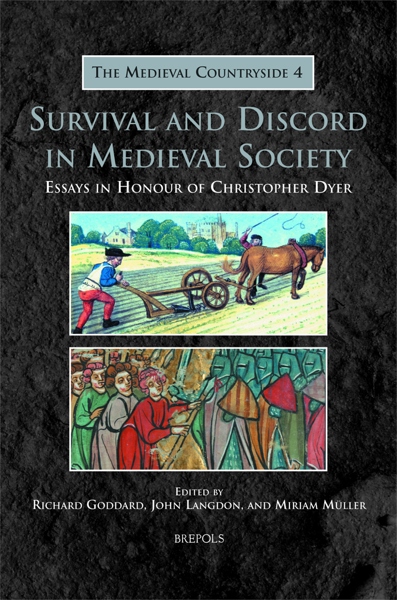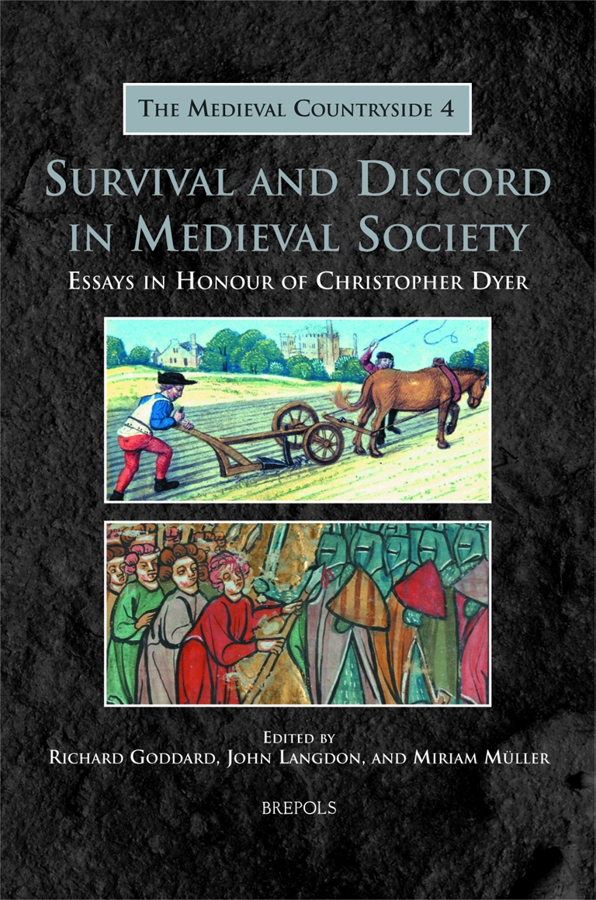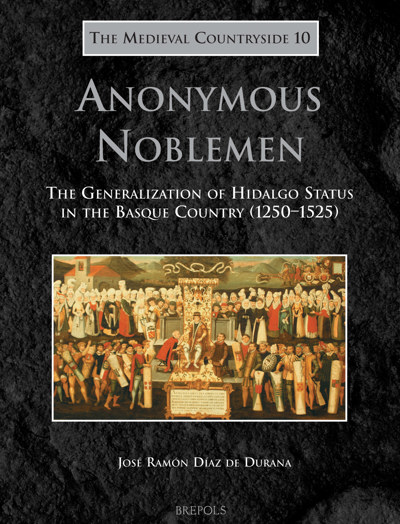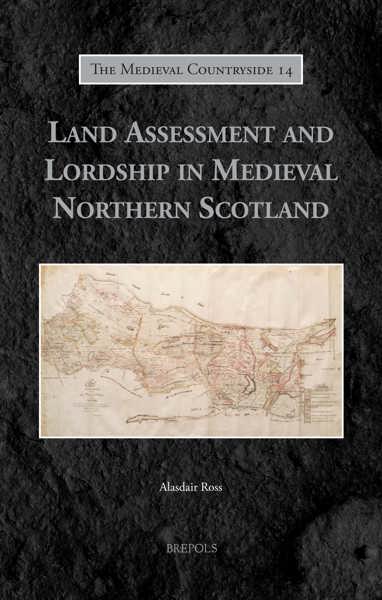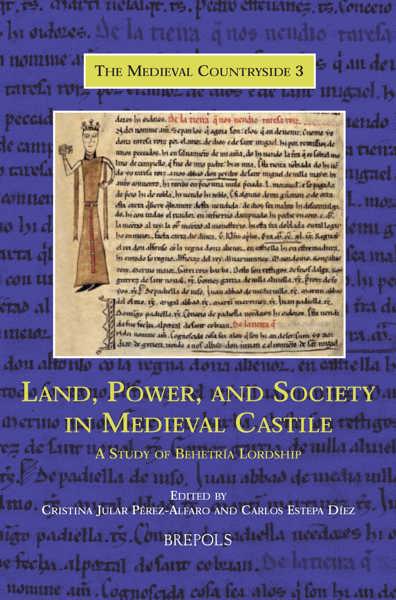
Survival and Discord in Medieval Society
Essays in Honour of Christopher Dyer
Richard Goddard, John Langdon, Miriam Muller (eds)
- Pages: viii + 307 p.
- Size:156 x 234 mm
- Illustrations:1 b/w, 7 tables b/w.
- Language(s):English
- Publication Year:2010
- € 75,00 EXCL. VAT RETAIL PRICE
- ISBN: 978-2-503-52815-1
- Hardback
- Available
- € 75,00 EXCL. VAT RETAIL PRICE
- ISBN: 978-2-503-53926-3
- E-book
- Available
"It is a fitting tribute to Dyer's career thus far, and as such, is well worth a read by students of medieval socio-
economic history, both rural and urban." (Bethany J. Hamblen, in The Medieval Review, 11.05.24)
"This is an excellent tribute volume. A diverse range of subjects, sources, chronologies, and methodologies are addressed within the themes of survival, discord, and the scholarly output of Christopher Dyer himself." (Nicholas Brodie, in Parergon 28.1, 2011, p. 222)
"This is a welcome and much deserved volume." (John Hare, in Reviews in History, no. 1162, November 2011, URL http://www.history.ac.uk/reviews/review/1162)
"Overall, this is a largely well-balanced volume, featuring studies from established and highly regarded scholars alongside emerging talent." (Susan Kilby, in: Journal of Rural History, Volume 24/2-2013, p. 219)
